Resolving rent disputes with expert legal support for landlords and tenants
Our landlord and tenant solicitors have extensive experience in handling a wide range of landlord and tenant disputes. We understand that common causes of rent disputes, such as misunderstandings of lease terms or changes in financial circumstances, can significantly impact both landlords and tenants and the importance of understanding lease terms to govern these relationships and resolve conflicts that may arise.
Recognising the impact that disputes and rent conflicts have on both parties, our team is dedicated to ensuring that tenancy relationships run smoothly and support the financial interests of all involved. We emphasise the importance of resolving disputes effectively, addressing both legal and commercial considerations in rent conflicts.
Our focus is on providing you with clarity and a clear decision-making path. We understand that responsiveness is vital, so our team offers pragmatic and commercially focused advice whenever you need it.

Martin Edwards
Partner
Specialising in Commercial landlord and tenant disputes law
1954 Act renewals
Our 1954 Act renewals service specialises in managing lease renewals under the Landlord and Tenant Act 1954. We manage both landlord and tenant lease renewal portfolios of varying sizes and help landlords and tenants understand their rights, negotiate favourable terms and, ensuring a seamless renewal process that meets legal standards and safeguards our clients’ interests.
Dilapidation claims
We offer expert legal support with dilapidation claims arising in commercial landlord and tenant disputes, focusing on the assessment and resolution of property repair, reinstatement and decoration obligations. We assist in preparing or defending dilapidations claims and negotiating settlements to protect our clients’ interests effectively.
Rent review
Our rent review service offers expert assistance in commercial landlord and tenant disputes, providing guidance on negotiating fair rent adjustments. We analyse market conditions, ensure compliance with lease terms, and resolve disputes effectively to achieve equitable outcomes for both landlords and tenants.
Applications for consent
Our team of legal experts specialises in applications for consent to assign, underlet, and alter in commercial tenancy disputes by providing guidance on negotiating terms, ensuring compliance with lease agreements, and resolving disputes efficiently for smooth transitions and modifications for both landlords and tenants.
Forfeiture – taking possession
We can assist commercial landlords in resolving serious breaches of a lease by providing expert legal guidance on the forfeiture process and strategy. We specialise in advising on landlord’s options, advantages and disadvantages of forfeiture action, and executing forfeiture to ensure landlords are fully advised and can realise their commercial aims efficiently and effectively.
Claims against guarantors
We offer expert legal support to landlords and businesses when they have claims against guarantors. We will review the relevant agreements, advise on rights and obligations, and implement an agreed and tailored strategy to help you enforce guarantor obligations to recover debts or remedy breaches. This could be through negotiation or litigation or a blend of the two to ensure effective and efficient resolution of claims.
Why choose Shakespeare Martineau?
- Our team offer prompt and professional service, whether through in-person meetings or virtual consultations, you can trust that our advice will be timely and professional, helping you feel confident in your legal matters, every step of the way
- We provide advice that is not only pragmatic and quick but also easy to understand. Every lawyer in our firm is approachable, helpful, and committed to offering reliable legal solutions, making the process straightforward for clients
- Our clear and easily understandable approach has kept clients coming back for years, knowing they can depend on us for comprehensive legal support time and time again
- Our clients regularly highlight the exceptional expertise and professionalism of our lawyers. Our team cares deeply about every aspect of your case, ensuring you receive a thorough and attentive service


Tier 2 ranking in Legal 500
We are one of the largest property litigation teams in the Midlands and are well known for advising in the protest law (mass trespass injunctions) that have continued to grow over the last 12 months. We uphold a tier 2 ranking in Legal 500 and our team handles commercial property disputes arising out of the redevelopment and management of office, industrial, major infrastructure and manufacturing sectors nationally.
Full range of services
Our team has extended the reach of the full range of services we offer to a wider category of clients, including developer clients and generally growing our instructions across the office and industrial logistics warehouse sector.
Advising a range of clients
We advise all types of commercial landlords and tenants of freehold and leasehold properties, from individuals to large corporate occupiers and institutional investors such as pension funds, covering all aspects of leases and agreements, including re-gearing, lease renewals, insurance, and security of tenure. Potentially tricky areas are second nature to us too, such as break clauses, repairing obligations, and rent review and service charge provisions.
Adapting to changing business needs
We are quick to adapt to the changing needs of your business with our efficient service and our diverse expertise in commercial real estate litigation. The uncertainty of the market throughout 2023 drove change and activity across the real estate sector generally, within which we helped our clients to navigate.
Related services
Meet our Commercial landlord and tenant disputes team
Building a responsible business
Our commitment to sustainability and social impact
We are an accredited B Corporation that is committed to driving positive change in our communities, minimising our impact on the environment, and ensuring an all inclusive diverse and supportive culture for our people.
Wherever you are on your journey, our Commercial landlord and tenant disputes specialists are here to answer any questions you might have
If you’d like to speak to a member of our team, please fill out the enquiry form. We will aim to reply to your query within 2 hours
Need to talk to someone sooner? You can call use at the number below
Call Us: 0330 024 0333
Commercial landlord and tenant disputes FAQs
Landlord and tenant disputes can arise from various issues related to the lease agreement, property conditions, financial matters, and personal interactions such as;
- Rent payment disputes including late or missed payments and rent increases;
- Security deposit issues;
- Property maintenance and repairs;
- Lease agreement violations;
- wanting possession of a unit;
- Quiet enjoyment disputes;
- dilapidations;
- Noise and nuisance complaints;
- Lease renewal and termination;
Preventing disputes between landlords and tenants from escalating requires proactive communication, clear agreements, and a mutual understanding of rights and responsibilities. The following can help maintain a harmonious relationship and avoid conflict;
- A clear lease with transparent policies and comprehensive terms;
- Open communication including regular updates and an accessible way to contact;
- Prompt maintenance repairs with regular inspections and in a timely manner;
- Provide notice of any entrance necessary in a timely manner;
- Conflict resolution policy outlining a procedure for handling disputes.
When lease breaches occur in landlord and tenant rent disputes, there are several legal remedies available for both parties.
For landlords this could include forfeiture, monetary damages, remedial works to property, security deposit deduction or injunctive relief to prevent action – depending on the breach,
For tenants this could include court orders requiring the landlord to perform specific actions such as repairs or comply with lease terms, monetary damages such as the return of the security deposit or compensation, termination of the lease or rent abatement if the property becomes uninhabitable due to conditions such as lack of heat or water.
A landlord may terminate a lease agreement due to a tenant’s breach of its terms, such as non-payment of rent or unauthorised property use. The process typically begins with the landlord identifying a breach and reviewing the lease agreement to ensure it contains a forfeiture clause allowing termination under specified conditions. The landlord may also need to provide the tenant with written notice, detailing the breach and a period to remedy it. If the breach is not rectified within the specified time frame, the landlord may proceed with forfeiture, which may involve obtaining a court order to regain possession of the property or to change the locks. It is essential for landlords to follow legal procedures meticulously to avoid wrongful eviction claims and potential liability.
A tenant can challenge a landlord’s decision to terminate a lease if they believe the termination is unjustified or improperly executed. A tenant may argue that no lease term was breached or that the alleged breach was remedied within the allowed period. Tenants can also contest the termination if the landlord did not follow the legal procedures required for forfeiture, such as providing proper notice. In these circumstances, tenants may seek to resolve the dispute through mediation or defend themselves in court if legal action is pursued by the landlord.
Break clauses in commercial leases allow landlords or tenants to terminate the lease early, typically after a specified period, by providing written notice within a defined timeframe without facing a penalty.
For tenants, they offer flexibility to relocate or adjust to changing business needs but usually come with conditions such as paying all due rent and meeting lease obligations. For landlords, they provide an opportunity to re-evaluate tenant arrangements, though they must consider potential income loss and the property’s condition upon tenant exit.
If a commercial tenant owes you rent, start by reviewing the lease agreement to understand your rights and any specified procedures for dealing with non-payment. Communicate with the tenant to discuss their financial situation and negotiate a payment plan if feasible. If the tenant is unresponsive or unwilling to pay, you may issue a formal demand for payment or consider mediation to resolve the issue. As a last resort, you maybe able to obtain possession of the property.
If you cannot pay rent on your commercial property, you should review the lease agreement to understand any relevant clauses and obligations, then communicate proactively with the landlord to discuss the situation and negotiate temporary relief options, such as a rent reduction, deferral, or payment plan. You may also with to explore government assistance programs or loans that support businesses during financial hardship.
If these efforts fail, you may consider exercising a break clause, or seeking legal advice to explore further options, such as lease renegotiation or mediation, to avoid eviction or litigation.
If a tenant is refusing to pay rent despite having the financial means, start by reviewing the lease to ensure they have no legitimate grievances, such as maintenance issues, that could justify their reasons for withholding payment. Communicate with the tenant to understand their reasons and attempt to resolve any underlying disputes amicably. If the tenant continues to refuse payment without a valid reason, you can issue a formal demand for payment, highlighting the lease terms and potential consequences of non-compliance.
A company voluntary arrangement (CVA) is an agreement between a company and its creditors to restructure debt and allow the business to continue operating while repaying creditors over a specified period.
If your tenant enters into a CVA, it could impact your contract by altering the terms of rent payments or reducing the amount owed. As a landlord, you might have to accept reduced payments or changed lease terms, and any existing arrears might be included in the CVA. A CVA requires approval from creditors, making it essential to assess how the proposed terms will affect your financial interests and legal rights.














